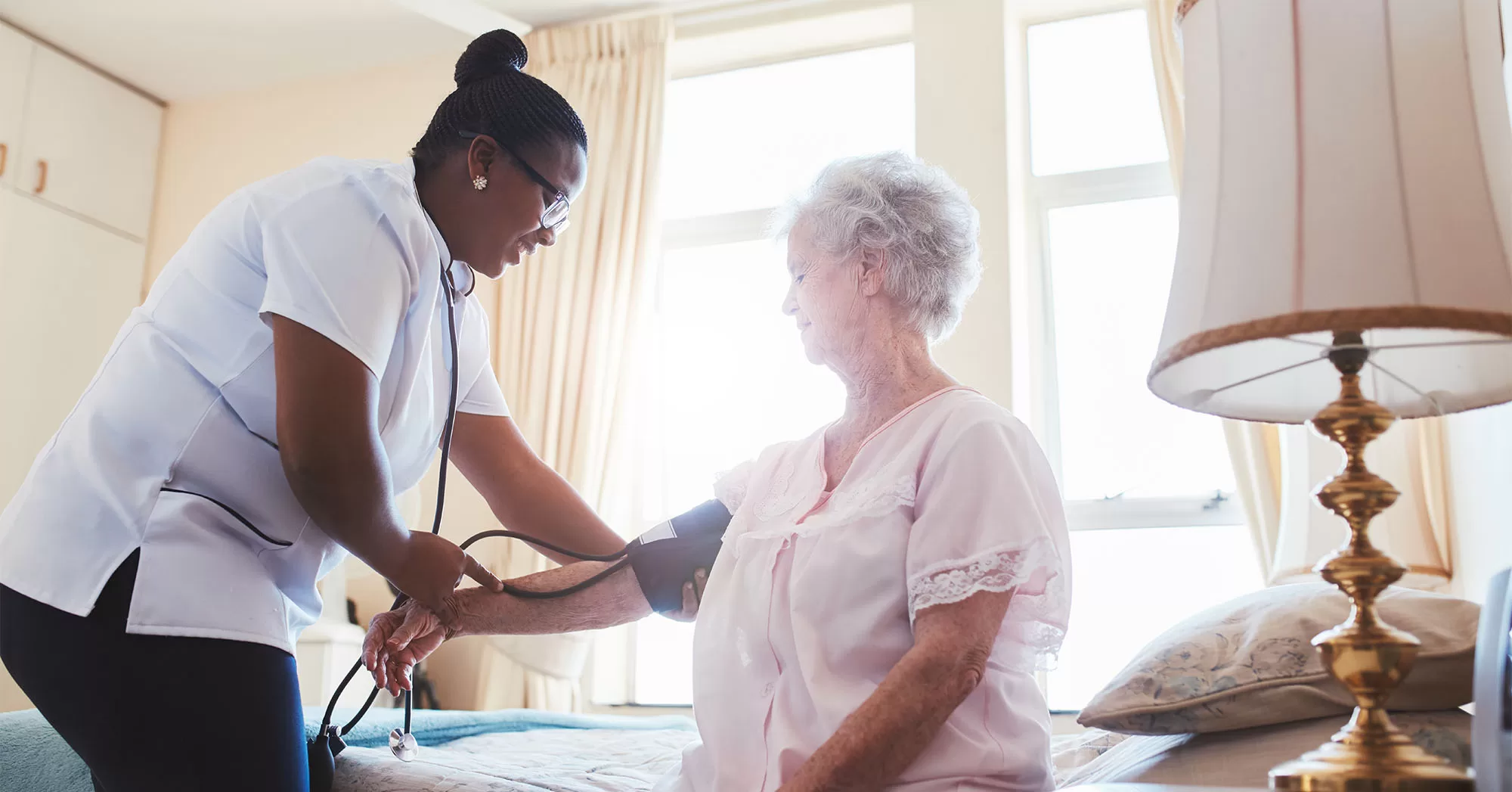Introduction:
It’s March, and that means it’s Brain Injury Awareness Month! Let’s take a moment to break down these complex injuries and learn the facts. If you or a loved one has recently experienced a traumatic brain injury (TBI) you might have many questions. What does their future hold? How long will it take for them to recover and what will it take to get there? These are all important questions to explore as you move forward in your brain injury journey. Here we break down the basics of brain injury, their signs, symptoms, and prognoses. We’ll also talk about how True Care can help those in New York who are seeking care or support through a TBI through our participation in the NY Waiver Program.
What is a TBI?:
A Traumatic Brain Injury (TBI) is an injury that affects how the brain works. A TBI can lead to short- or long-term problems that may affect all aspects of a person’s life. This may include the ability to work or build relationships with others. TBIs can also change how a person thinks, acts, feels, and learns. It can be caused by a hard bump, blow, or jolt to the head, or a penetrating injury, such as a gunshot, to the head.
Research shows that people most commonly get TBIs from:
- falls
- car crashes
- fire-arm related injuries
- assaults
TBIs are commonly referred to as an acquired brain injury or a repeated head trauma. “Dementia pugilistica” and “punch-drunk syndrome” are two of the terms used to describe a TBI that is caused by the repeated brain damage that can result from contact-heavy sports like boxing or football. A TBI is often categorized by its severity, as either mild, moderate or severe. The extent of a TBI depends on what part of the person’s brain has been damaged and the degree of the trauma.
The impact of TBIs:
TBI is a major cause of death and disability in the United States, contributing to the death of more than one million Americans over the last two decades. Anyone can experience a TBI, however people aged 75 years and older are at greater risk. This is because as a person ages, the dura (a thick membrane covering the brain and spinal cord) starts to stick to the skull, causing blood to accumulate and destroy the protective layer. Older adults as a group also experience worse health outcomes following TBIs, meaning their road to recovery may be more complicated than for a younger person. This 75+ age group accounts for about 32% of TBI-related hospitalizations and 28% of TBI-related deaths.
One of the most feared long-term consequences of TBIs is dementia. Moderate to severe TBIs have been proven to increase the risk of dementia years after the original injury, even in patients younger than 30 years old. Depending on where the injury occurred in the brain, a TBI can cause symptoms of dementia, including:
- memory, concentration and attention problems
- speech and eating problems
- difficulty with balance and coordination
How can True Care help people with TBIs?:
One of the best resources for New York residents living with a TBI is the Traumatic Brain Injury Waiver Program. This service was created by the NYS Department of Health to help individuals recover from TBI-related injuries as quickly as possible while providing them with the necessary support systems so they can return to their daily lives at home. To be eligible for this service, you or your loved one must have suffered a brain trauma and be in need of rehabilitation care that might otherwise be provided at a nursing home or long-term care facility.
The True Care Waiver Program offers full-time in-home care for people who are eligible for New York State’s Nursing Home Transition and Diversion (NHTD) Waiver or a Traumatic Brain Injury (TBI) Waiver. The program is available to patients who need to be in a nursing home or long-term care facility, but whose family members would prefer them to stay at home. It is also available to patients whose families are not able to hire a private duty nurse or other caregiver.
The TBI Waiver Program is Medicaid-approved and can be applied for directly through Medicaid without going through a Managed Long-Term Care company (MLTC). The program provides 11 Medicaid-funded services for participants who live in community-based settings to help them achieve maximum independence. Some participants may be eligible for rent subsidies, housing support and limited one-time payments for furniture and household supplies. Medicaid-funded programs like this one typically have zero out-of-pocket costs.
With the True Care Waiver Program, patients can live at home while receiving round-the-clock caregiving from a skilled caregiver. The caregiver is there to help with personal care, cooking, cleaning, and providing companionship. Caregivers provide constant care during two 12-hour periods, 24 hours a day, to attend to the needs of the patient, day and night. This allows patients to remain in their own homes and avoid the need to live in a nursing home or other facility.
Even if you or your loved one are already receiving home health aide or other assistance through Medicaid, this program can provide more hours and specially trained home health aides, in addition to a variety of other community and assistive services.
Request an intake specialist on the True Care website or call 718-854-8783 to learn more about this program.
Conclusion:
It’s important to remember that recovery from a TBI is a process, not an event. There is no magic bullet or one-size-fits-all approach to recovering from a TBI. Understanding how the brain works and what the long-term prognosis may be can help you move forward with improved confidence. With that in mind, keep learning about brain injury and how it affects both the injured person and their family members.
Loving someone who has suffered a traumatic brain injury can be challenging and emotionally complex. Let True Care’s skilled caregivers assist you with the day-to-day and keep your loved one safe and comfortable at home via the NYS Waiver Program. We can help make your whole family’s life a little easier and allow you to focus on spending time with your loved one as they recover.
Sources:









